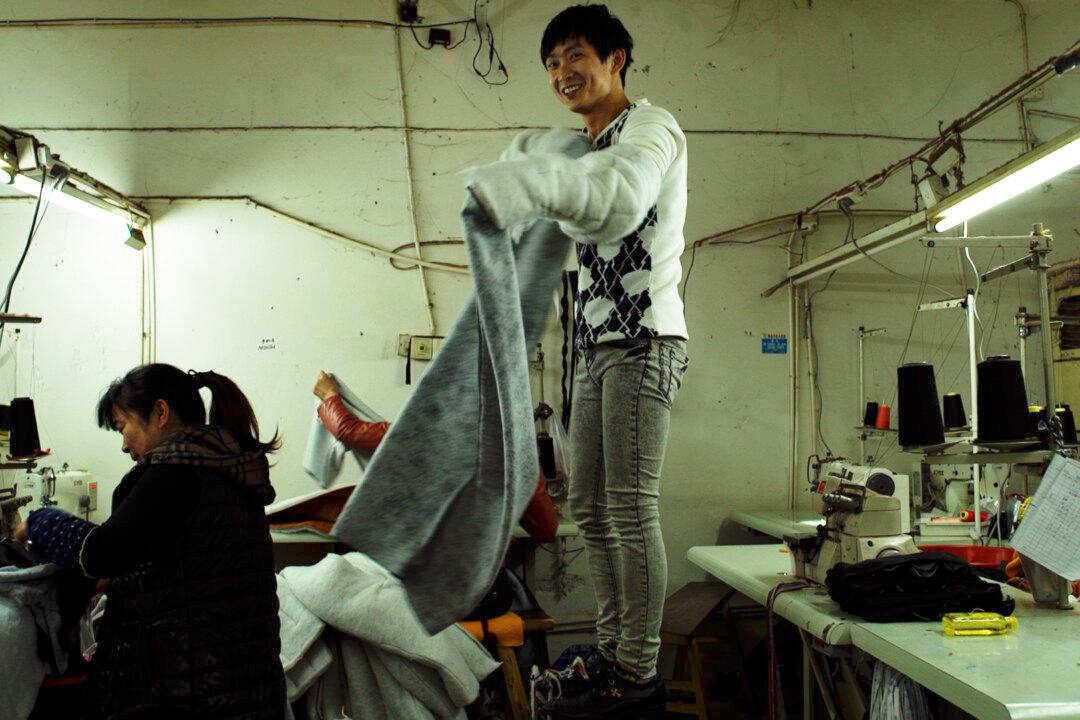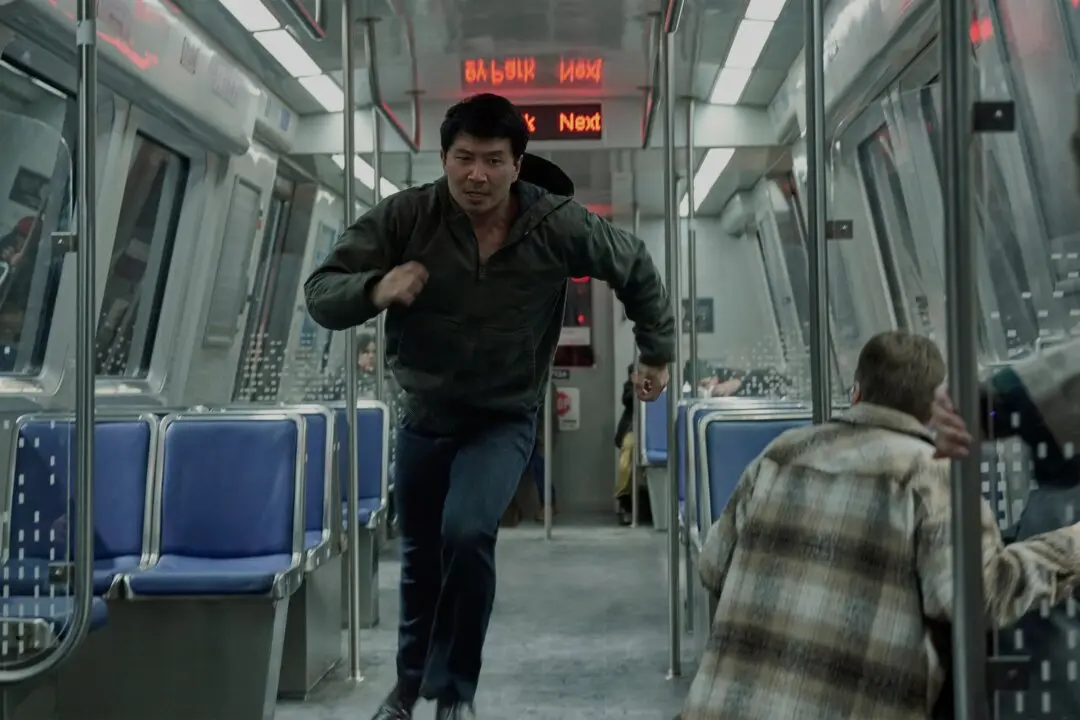NR | 3h 32m | Documentary | 2023
At least these cramped garment factories do not use Uyghur slave labor. Nevertheless, their employment practices would trouble many Americans. The young workers, largely in their late teens are only paid pennies according to the factories’ piecemeal terms. Yet, they rarely consider themselves victims, because such work represents the best available option for China’s young and unemployed rural poor. From 2014 to 2019, independent Chinese documentarian Wang Bing followed a large group of these college-aged factory workers for a prospective trilogy, the first of which, “Youth (Spring).”





